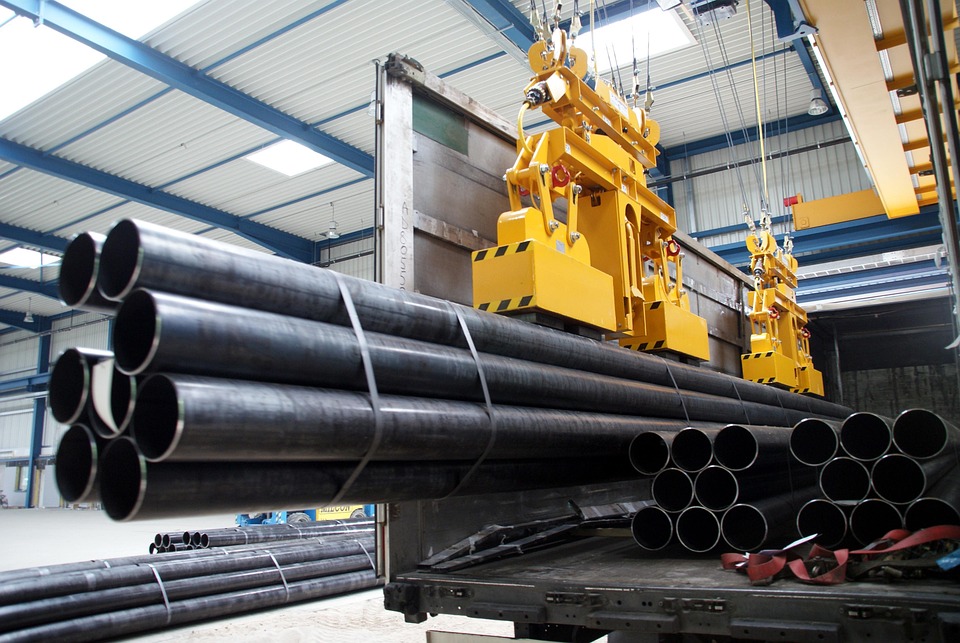Innovations in Renal Treatment: Advances in Kidney Disease Management
Introduction
Chronic kidney disease (CKD) represents a growing public health concern worldwide, affecting millions and contributing significantly to morbidity and mortality. Innovations in renal treatment have emerged to address the complexities and challenges of kidney disease management. This article will explore recent advancements in therapies, technologies, and holistic approaches that are transforming renal treatment.
The Burden of Kidney Disease
Prevalence and Impact
According to the latest reports, about 850 million people globally are estimated to suffer from kidney diseases, including CKD, acute kidney injury (AKI), and end-stage renal disease (ESRD) [modern_footnote_source]. The increasing prevalence is partly attributed to the rising incidence of diabetes, hypertension, and cardiovascular diseases. CKD not only elevates the risk of cardiovascular events but also significantly impacts the quality of life, leading to high healthcare costs.
Understanding Kidney Disease
Kidney diseases can broadly be categorized into three stages: CKD, AKI, and ESRD. CKD is characterized by progressive loss of kidney function over time. AKI, on the other hand, occurs suddenly, often due to factors such as dehydration or severe infection [modern_footnote_source]. ESRD necessitates dialysis or kidney transplantation to sustain life.
Recent Advances in Renal Treatment
1. Pharmacotherapy Innovations
1.1 SGLT2 Inhibitors
SGLT2 inhibitors have emerged as a breakthrough therapy for patients with CKD and diabetes. These medications, originally developed for managing blood glucose levels, have been shown to offer renal-protective effects. Studies indicate a significant reduction in the progression of kidney disease and improved cardiovascular outcomes [modern_footnote_source].
1.2 Mineralocorticoid Receptor Antagonists (MRAs)
MRAs are another promising class of drugs designed to mitigate heart failure and CKD progression. Clinical trials indicate that MRAs can substantially reduce the risk of kidney decline and cardiovascular events among diabetic patients [modern_footnote_source].
1.3 Anti-Fibrotic Agents
The role of fibrosis in CKD pathology is critical, and anti-fibrotic agents like pirfenidone and nintedanib are being investigated. These therapies focus on reducing renal fibrosis and inflammation, potentially slowing disease progression.
2. Enhancements in Dialysis Techniques
2.1 Home Hemodialysis
Home hemodialysis (HHD) offers patients greater autonomy and flexibility in their treatment schedule. Technological advancements have led to the development of more user-friendly devices that allow individuals to perform dialysis at home with minimal assistance [modern_footnote_source]. Recent studies suggest HHD is associated with improved quality of life outcomes compared to traditional center-based dialysis.
2.2 Peritoneal Dialysis Innovations
Peritoneal dialysis (PD) has also seen notable innovations, including automated PD systems that utilize cyclers for overnight dialysis. These systems enhance patient convenience and often yield better fluid management [modern_footnote_source].
2.3 Dialysis Biomarkers
Advancements in biomarker research are paving the way for individualized dialysis regimens. Identifying specific biomarkers could enhance the personalization of treatment, optimizing outcomes for dialysis patients [modern_footnote_source].
3. Kidney Transplantation Advancements
3.1 Living Donor Transplantation
Living donor kidney transplantation accounts for a growing percentage of transplants performed. Innovations in surgical techniques and donor management have improved outcomes, resulting in better graft survival rates [modern_footnote_source].
3.2 Machine Perfusion Technology
Machine perfusion technology has redefined the preservation methods for donated kidneys. This technology enhances the quality of kidneys prior to transplantation, increasing success rates and reducing the incidence of delayed graft function [modern_footnote_source].
4. Regenerative Medicine
4.1 Stem Cell Therapy
The potential of stem cell therapy in renal reconstruction and repair offers novel avenues for CKD treatment. Preclinical and early clinical studies indicate that stem cells can promote renal regeneration and slow disease progression [modern_footnote_source].
4.2 Organ Engineering
Advancements in organ engineering, particularly 3D bioprinting, are paving the way for the creation of bioengineered kidneys, aiming to address organ shortages and improve transplant outcomes.
5. Telehealth and Digital Health Innovations
5.1 Remote Patient Monitoring
The integration of telehealth and remote monitoring technologies has revolutionized kidney disease management. Patients can now engage in real-time communication with health care providers, ensuring timely interventions and adjustments in therapy [modern_footnote_source].
5.2 Mobile Health Applications
Mobile applications that track dietary habits, fluid intake, and medication adherence are becoming increasingly popular among patients with CKD. These applications empower individuals to manage their health conditions more effectively.
Holistic Approaches in Kidney Disease Management
1. Nutrition Management
Proper dietary management plays a crucial role in managing CKD. Innovations in nutritional supplements designed specifically for CKD patients help address deficiencies while minimizing the intake of harmful nutrients like potassium and phosphorus [modern_footnote_source].
2. Psychological Support
Recognizing the psychological burden of living with kidney disease, mental health support and counseling services have become an integral part of comprehensive kidney care. Programs aimed at improving mental well-being have yielded promising results [modern_footnote_source].
Future Directions
The landscape of renal treatment is rapidly evolving with ongoing research and technological advancements. The integration of machine learning and artificial intelligence (AI) into kidney disease management is expected to optimize patient care through predictive analytics and decision support tools [modern_footnote_source].
1. Artificial Intelligence in Diagnosis and Treatment
AI algorithms are being developed to analyze imaging studies and laboratory results, facilitating early detection of kidney disease. Additionally, AI can help predict disease progression, tailoring treatment strategies to individual patient needs.
2. Personalized Medicine
The future of renal treatment lies in personalized medicine approaches, where therapies are tailored based on a patient’s genetic makeup and disease characteristics. This precision approach is anticipated to enhance efficacy and minimize adverse effects [modern_footnote_source].
Conclusion
Innovation in renal treatment is paramount in addressing the challenges posed by kidney disease. From pharmacotherapy advancements to dialysis and transplantation improvements, the landscape is rapidly evolving. Moreover, the integration of technology and holistic approaches promises a more personalized and effective management framework for patients. As we move forward, continuous research and advocacy for kidney health will be critical in improving outcomes and quality of life for those affected by renal conditions.


























Add Comment